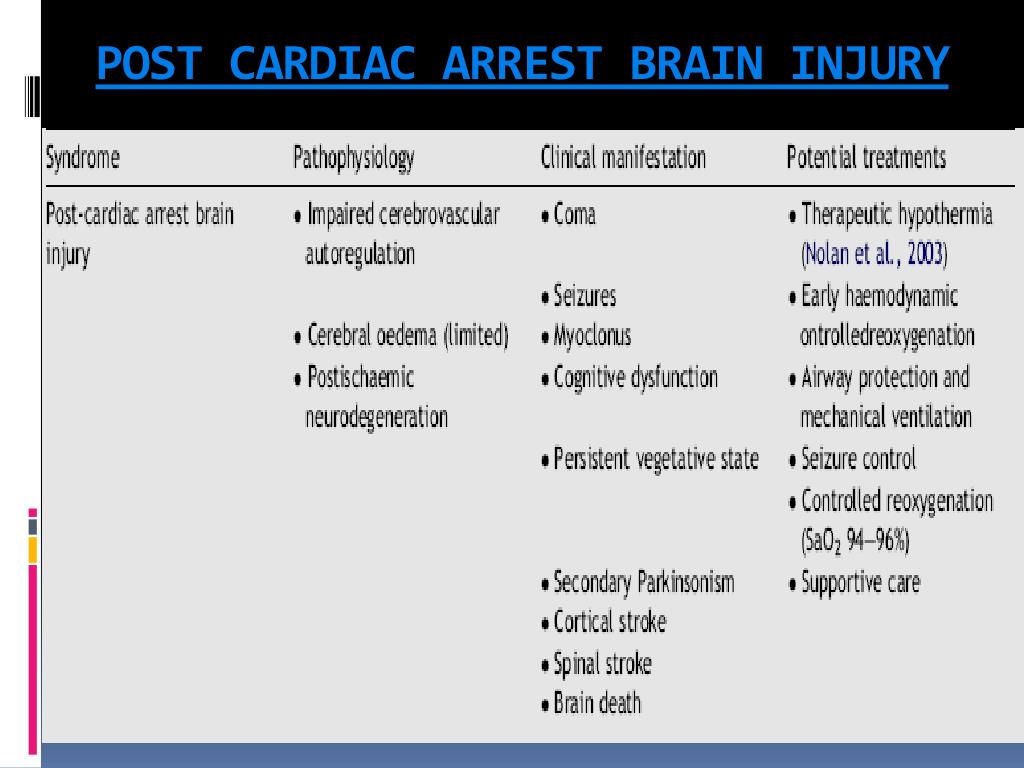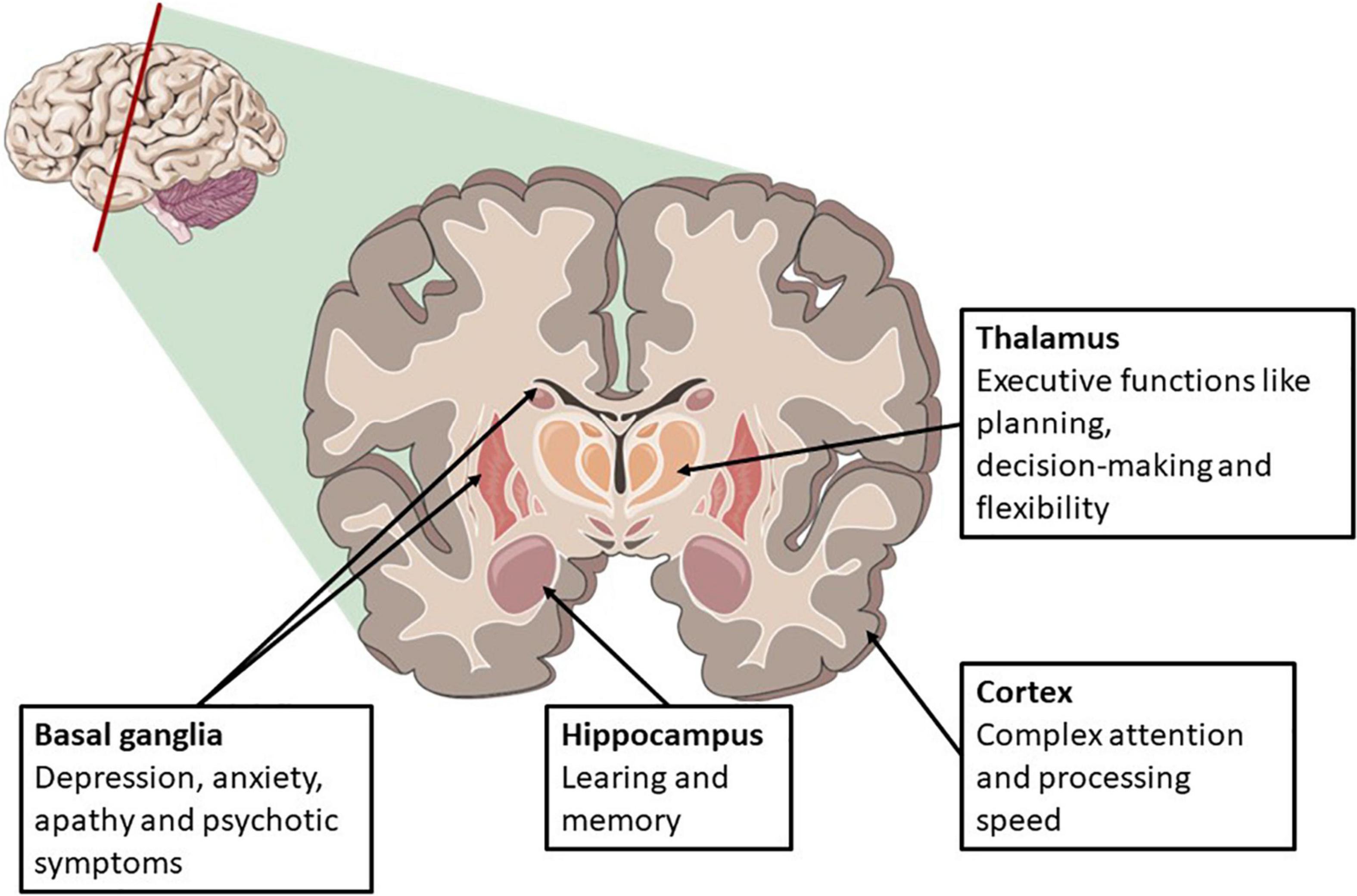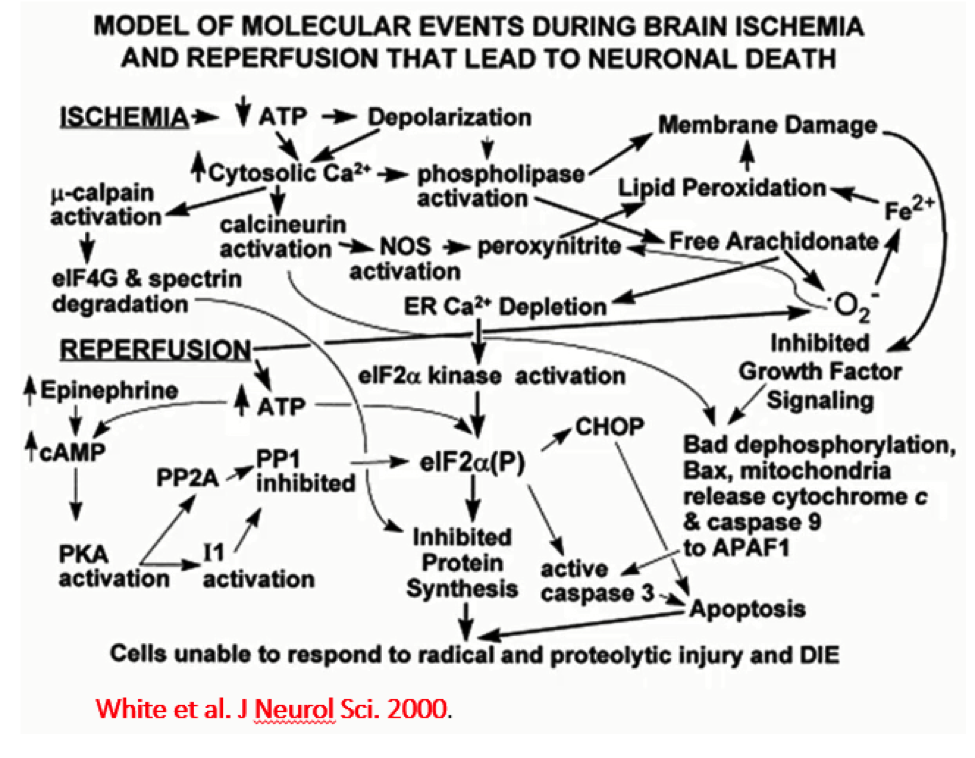Brain Injury After Cardiac Arrest - Among those who do, there is risk of neurologic dysfunction, brain injury, disorders of. Most people who experience cardiac arrest do not survive. Effective strategies to minimise brain injury after resuscitation include early intervention with cardiopulmonary resuscitation and. In simple terms, cardiac arrest means no effective contraction of the heart muscle and no blood flow to the brain, which. In those who are admitted to intensive care unit after cardiac arrest, pcabi manifests as coma, and is the main cause of mortality and long.
Effective strategies to minimise brain injury after resuscitation include early intervention with cardiopulmonary resuscitation and. In those who are admitted to intensive care unit after cardiac arrest, pcabi manifests as coma, and is the main cause of mortality and long. Most people who experience cardiac arrest do not survive. Among those who do, there is risk of neurologic dysfunction, brain injury, disorders of. In simple terms, cardiac arrest means no effective contraction of the heart muscle and no blood flow to the brain, which.
Among those who do, there is risk of neurologic dysfunction, brain injury, disorders of. Most people who experience cardiac arrest do not survive. Effective strategies to minimise brain injury after resuscitation include early intervention with cardiopulmonary resuscitation and. In simple terms, cardiac arrest means no effective contraction of the heart muscle and no blood flow to the brain, which. In those who are admitted to intensive care unit after cardiac arrest, pcabi manifests as coma, and is the main cause of mortality and long.
Improving After PostCardiac Arrest Brain Injury A Scientific
Most people who experience cardiac arrest do not survive. Among those who do, there is risk of neurologic dysfunction, brain injury, disorders of. In those who are admitted to intensive care unit after cardiac arrest, pcabi manifests as coma, and is the main cause of mortality and long. Effective strategies to minimise brain injury after resuscitation include early intervention with.
PPT Post cardiac arrest SYNDROME and post ROSC care PowerPoint
Among those who do, there is risk of neurologic dysfunction, brain injury, disorders of. Most people who experience cardiac arrest do not survive. In those who are admitted to intensive care unit after cardiac arrest, pcabi manifests as coma, and is the main cause of mortality and long. In simple terms, cardiac arrest means no effective contraction of the heart.
Frontiers Long Term Cognitive Function After Cardiac Arrest A Mini
In those who are admitted to intensive care unit after cardiac arrest, pcabi manifests as coma, and is the main cause of mortality and long. Among those who do, there is risk of neurologic dysfunction, brain injury, disorders of. Most people who experience cardiac arrest do not survive. In simple terms, cardiac arrest means no effective contraction of the heart.
Hirsch Brain Injury after Cardiac Arrest Management, Prognosis, and
In simple terms, cardiac arrest means no effective contraction of the heart muscle and no blood flow to the brain, which. Among those who do, there is risk of neurologic dysfunction, brain injury, disorders of. Effective strategies to minimise brain injury after resuscitation include early intervention with cardiopulmonary resuscitation and. In those who are admitted to intensive care unit after.
Improving After PostCardiac Arrest Brain Injury A Scientific
In simple terms, cardiac arrest means no effective contraction of the heart muscle and no blood flow to the brain, which. Effective strategies to minimise brain injury after resuscitation include early intervention with cardiopulmonary resuscitation and. Most people who experience cardiac arrest do not survive. Among those who do, there is risk of neurologic dysfunction, brain injury, disorders of. In.
Neuroimaging of hypoxic ischemic brain injury after cardiac arrest. Two
Effective strategies to minimise brain injury after resuscitation include early intervention with cardiopulmonary resuscitation and. In those who are admitted to intensive care unit after cardiac arrest, pcabi manifests as coma, and is the main cause of mortality and long. In simple terms, cardiac arrest means no effective contraction of the heart muscle and no blood flow to the brain,.
During a cardiac arrest there are two stages of brain injury https
In simple terms, cardiac arrest means no effective contraction of the heart muscle and no blood flow to the brain, which. Effective strategies to minimise brain injury after resuscitation include early intervention with cardiopulmonary resuscitation and. Among those who do, there is risk of neurologic dysfunction, brain injury, disorders of. Most people who experience cardiac arrest do not survive. In.
Understanding Brain Injury after Cardiac Arrest Sudden Cardiac Arrest UK
Among those who do, there is risk of neurologic dysfunction, brain injury, disorders of. Effective strategies to minimise brain injury after resuscitation include early intervention with cardiopulmonary resuscitation and. In those who are admitted to intensive care unit after cardiac arrest, pcabi manifests as coma, and is the main cause of mortality and long. In simple terms, cardiac arrest means.
Regional distribution of anoxic brain injury after cardiac arrest
In simple terms, cardiac arrest means no effective contraction of the heart muscle and no blood flow to the brain, which. Among those who do, there is risk of neurologic dysfunction, brain injury, disorders of. Most people who experience cardiac arrest do not survive. Effective strategies to minimise brain injury after resuscitation include early intervention with cardiopulmonary resuscitation and. In.
PPT Post cardiac arrest SYNDROME and post ROSC care PowerPoint
In simple terms, cardiac arrest means no effective contraction of the heart muscle and no blood flow to the brain, which. In those who are admitted to intensive care unit after cardiac arrest, pcabi manifests as coma, and is the main cause of mortality and long. Most people who experience cardiac arrest do not survive. Effective strategies to minimise brain.
Effective Strategies To Minimise Brain Injury After Resuscitation Include Early Intervention With Cardiopulmonary Resuscitation And.
Most people who experience cardiac arrest do not survive. Among those who do, there is risk of neurologic dysfunction, brain injury, disorders of. In those who are admitted to intensive care unit after cardiac arrest, pcabi manifests as coma, and is the main cause of mortality and long. In simple terms, cardiac arrest means no effective contraction of the heart muscle and no blood flow to the brain, which.









